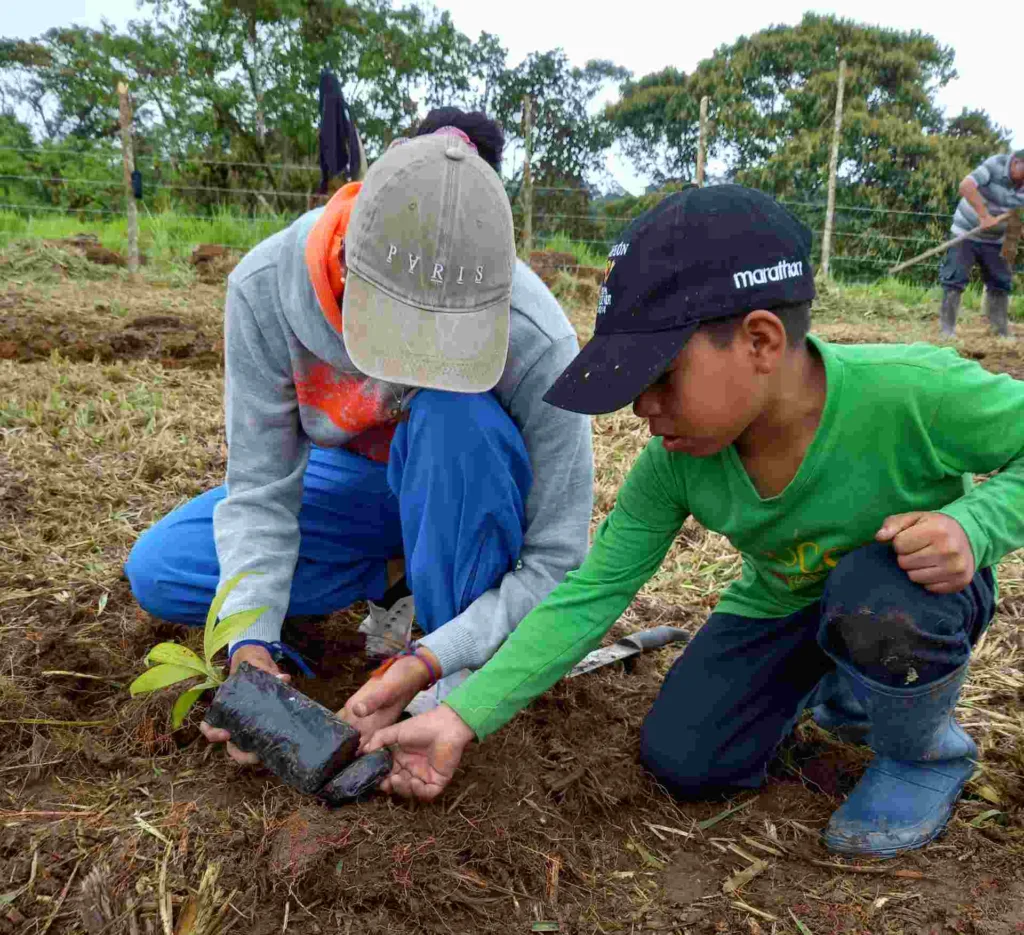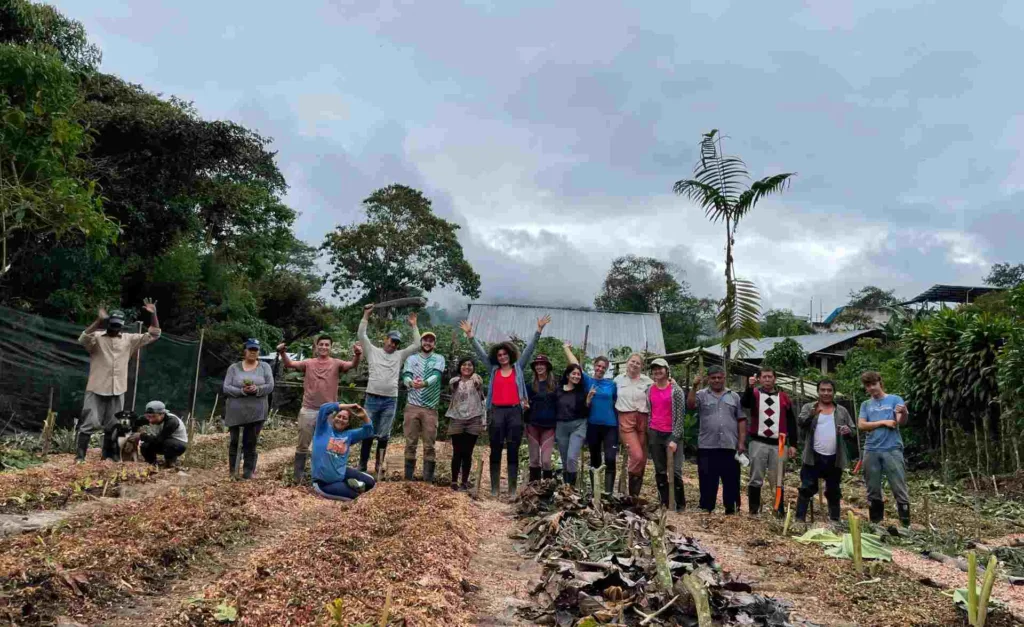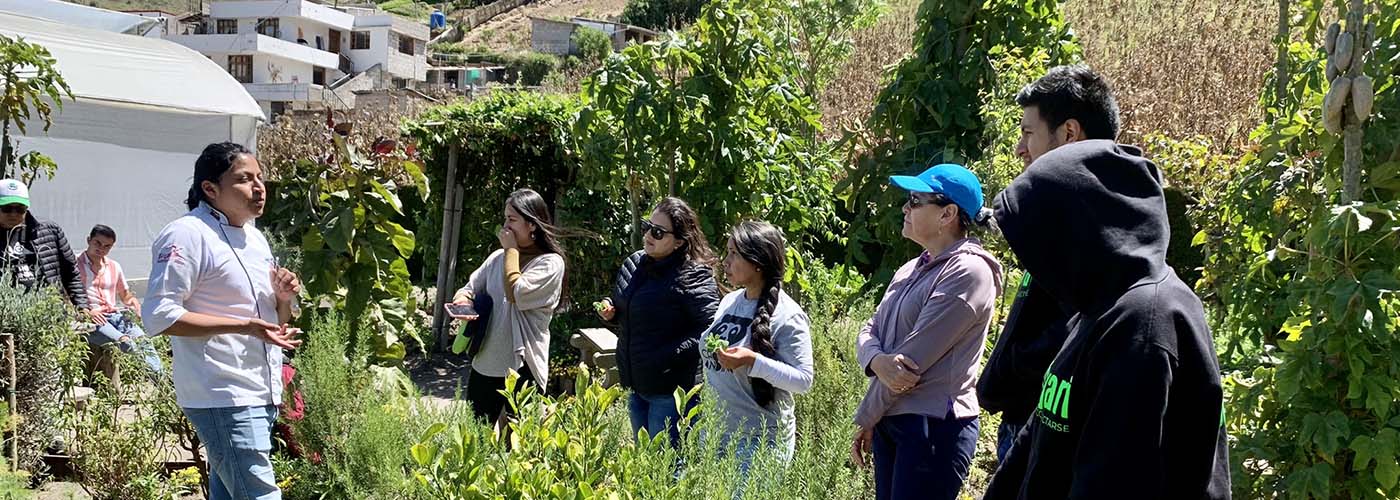Chocó Andino
The Chocó Andino Association of Municipalities (MCA) is a coordinating and participatory governance body made up of six rural parishes to the northwest of the capital, Quito. In 2018 it was declared the Chocó Andino Biosphere Reserve (RBCA), home to a unique wealth of species, ecosystems, and cultural and productive landscapes. The RBCA has 116,000 inhabitants, of which 65 percent are under 34.
Playing a crucial role in food supply and preservation, the Chocó Andino area exemplifies urban-rural relations in the Quito Metro City Region Food System. But the area lacks adequate support for food production, education, health, and other services. So many young people migrate to Quito. Local policy for integrating them in the local labor market exists, but needs strengthening.
Urban Futures works with the Quito Metropolitan District and the RBCA Management Committee, promoting partnerships with local producers, civil society, youth movements and academics. Our overarching objective is to counteract environmental degradation in the region and expedite the shift towards diversified systems of sustainable food production. We are also trying to establish a new environmentally conscious mindset that values products according to a mutually responsible interaction between consumers and producers and that actively nurtures intergenerational bonds. Our primary ally is the Imaymana Foundation, with whom we work in tandem with entities such as the Chocó Andino Youth Network.
Find out more about the Chocó Andino city-region strategy and the program’s implementation strategy.
Partner
Fundación Imaymana
Since 2006, the Imaymana Foundation has worked in the Andean Chocó territory to advance ecosystem conservation and foster sustainable livelihoods for local communities. They collaborate closely with communities, local governments, other NGOs, and social platforms.

Imaymana has been instrumental in helping launch successful initiatives like the Andean Chocó Youth Network, the Andean Chocó School Forest Network, the Andean Chocó Commonwealth (MCA), and the Andean Chocó Biosphere Reserve of Pichincha (RBCAP), among others. These initiatives have strong connections with local stakeholders, promote civil society engagement, and enhance socio-environmental governance.
Specific role in Urban Futures
- Facilitates local and national strategies and coalitions, including multi-stakeholder platforms, for inclusive, climate-resilient urban food systems.
- Provides capacity building, training and technical assistance based on other local partner needs.
- Supports local ownership in inception phase activities by actors and young people to co-create the food systems of their own city/region.
- Promotes new narratives that favor more inclusive, resilient, and sustainable food systems.




